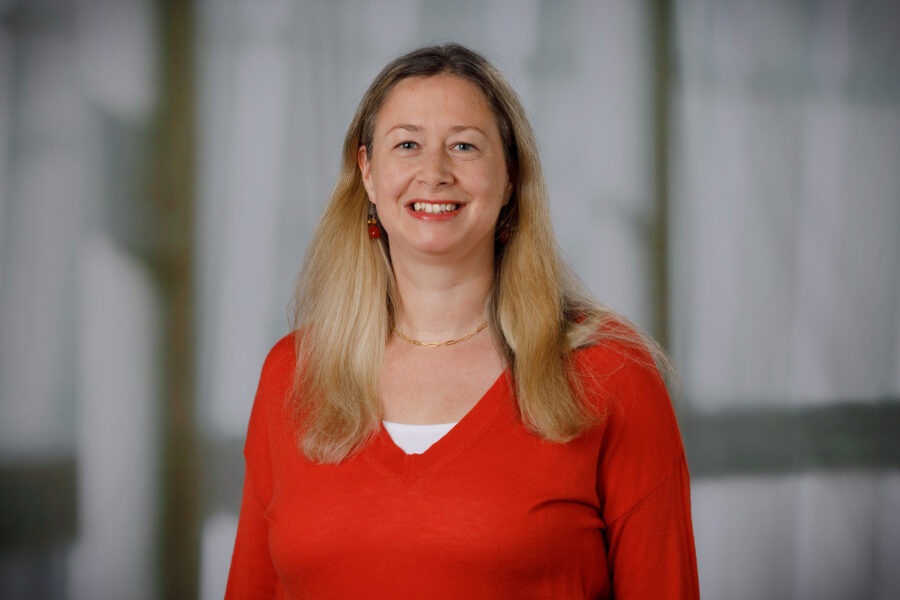Lynda Harris, PhD, a leading investigator in placental biology at the UNMC Department of Obstetrics and Gynecology, has been awarded the 2025 Andrée Gruslin Award by the International Federation of Placenta Associations (IFPA). The award honors mid-career female scientists who have made significant contributions to placental research and mentorship.
“It is an honor and a privilege,” Dr. Harris said. “This award has given me the opportunity to pause and reflect, not only on the recognition of my work, but on the mentorship and support I’ve received from the placental research community over the past 20 years.”
Dr. Harris said that the award reflects “team science in action,” crediting the dedication of her lab members and collaborators past and present.
The award is named for Dr. Andrée Gruslin, a Canadian clinician-scientist whose work advanced understanding of placental function and pregnancy complications such as preeclampsia and fetal growth restriction. Her legacy, Dr. Harris said, has had a lasting impact.
“Her research informed my lab’s models of placental dysfunction, especially our work on uterine vascular remodeling,” Dr. Harris said. “But even more inspiring was her unwavering dedication to research, mentorship and patient care while living with terminal breast cancer. That is a true testament to her grace and determination.”
Although Dr. Harris said she will not attend this year’s IFPA meeting in person due to her participation in UNMC’s iLEAD Program, she will deliver her award lecture virtually. Her presentation will trace her journey from her undergraduate research project in atherosclerosis which ultimately led to a career in placental biology, drug delivery and nanotechnology.
More recently, her lab has shown that nanoparticles decorated with placental homing peptides can selectively deliver cargo to the placentas of pregnant rhesus macaques, without transfer to the fetus.
“This technology will allow us to safely and effectively deliver medicines to correct the placental pathology that underlies many common pregnancy complications without risk of harming the developing baby,” she said.
Dr. Harris also acknowledged the unique challenges in the field, particularly the lack of appropriate model systems for testing new therapies during pregnancy. However, she said advances in trophoblast cell lines and 3D placental organoids are offering promising new avenues for study.
For early-career researchers, especially women, Dr. Harris offered this advice:
“Your path likely won’t be predictable, and it will be hard work. But focus on the positives. For me, these are intellectual freedom, the opportunity to be creative, work collaboratively and attend conferences in exciting destinations,” she said. “Celebrate your wins, no matter how small. Build your network. Say yes to opportunities. And contribute to the research community, it’s how you grow and build your professional reputation.”
Reflecting on her own professional journey, Dr. Harris recalled her first IFPA meeting in 2004 as a junior postdoc in California. Since then, she said she has attended 16 of the past 20 annual meetings, many in far destinations such as Buenos Aires, Hiroshima and Rotorua.
“The IFPA community is small, but this allows you to develop enduring friendships and provides many opportunities to contribute,” she said. “We even sing our own version of ‘YMCA,’ replacing it with ‘IFPA,’ at the conference dinner, complete with choreography. That sense of connection is part of what makes this field so special.”
